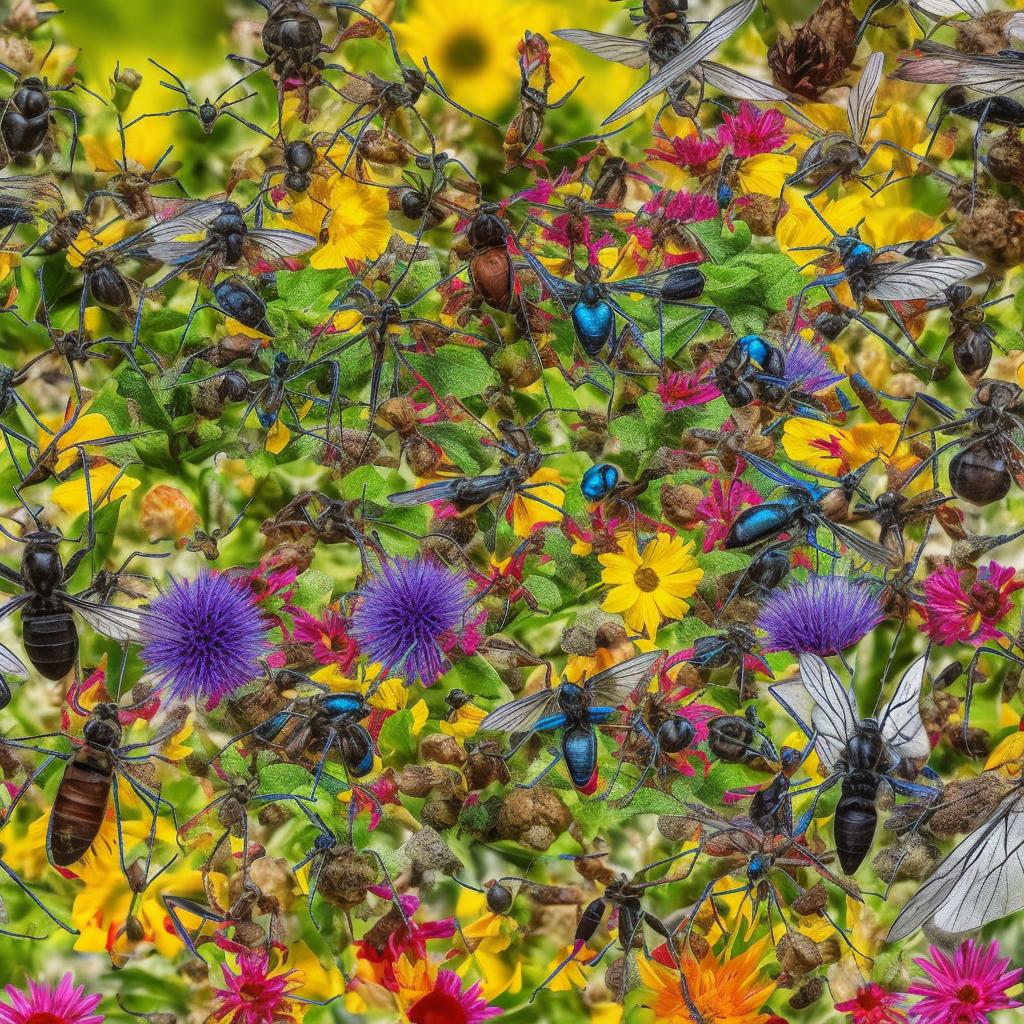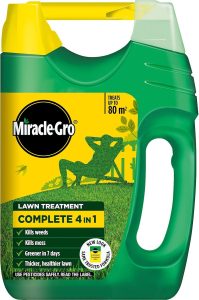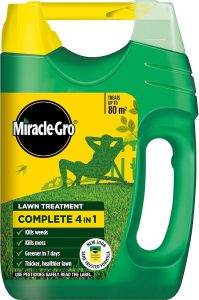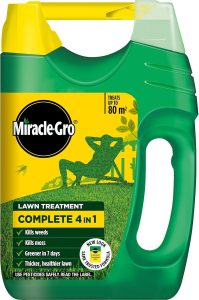In the intricate dance of nature, beneficial insects play a vital role in maintaining a healthy ecosystem within our gardens. From pollinators to predators, these tiny allies can provide a natural solution to common garden pests and help boost the overall health and vitality of your plants. In this article, we will explore the fascinating world of beneficial insects and learn how to attract them to your garden sanctuary. So grab your gardening gloves and get ready to welcome these beneficial critters into your green oasis!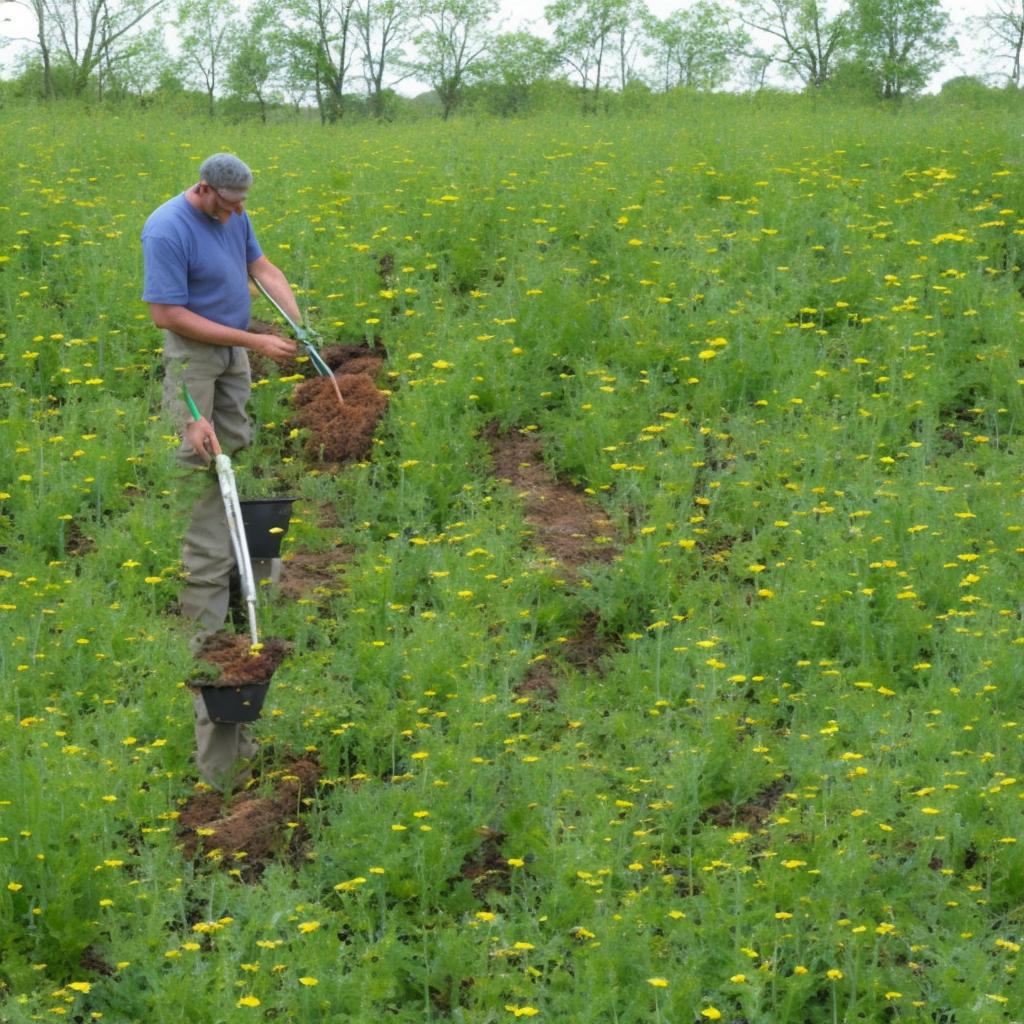
Creating a Diverse Habitat for Beneficial Insects
One of the best ways to promote a thriving garden is to create a diverse habitat for beneficial insects. By attracting these helpful creatures, you can naturally control pests, improve pollination, and overall enhance the health of your garden ecosystem. Here are some tips on how to attract beneficial insects to your garden:
- Plant a variety of flowers: Different types of flowers will attract different types of beneficial insects. Choose a mix of colors, shapes, and sizes to create a diverse and inviting environment.
- Provide shelter: Beneficial insects need places to hide, rest, and lay eggs. Include diverse habitats such as rocks, logs, and leaf litter to attract a wide range of insects.
- Avoid pesticides: Chemical pesticides can harm beneficial insects along with pests. Opt for natural pest control methods such as neem oil or insecticidal soap to protect your garden without harming beneficial insects.
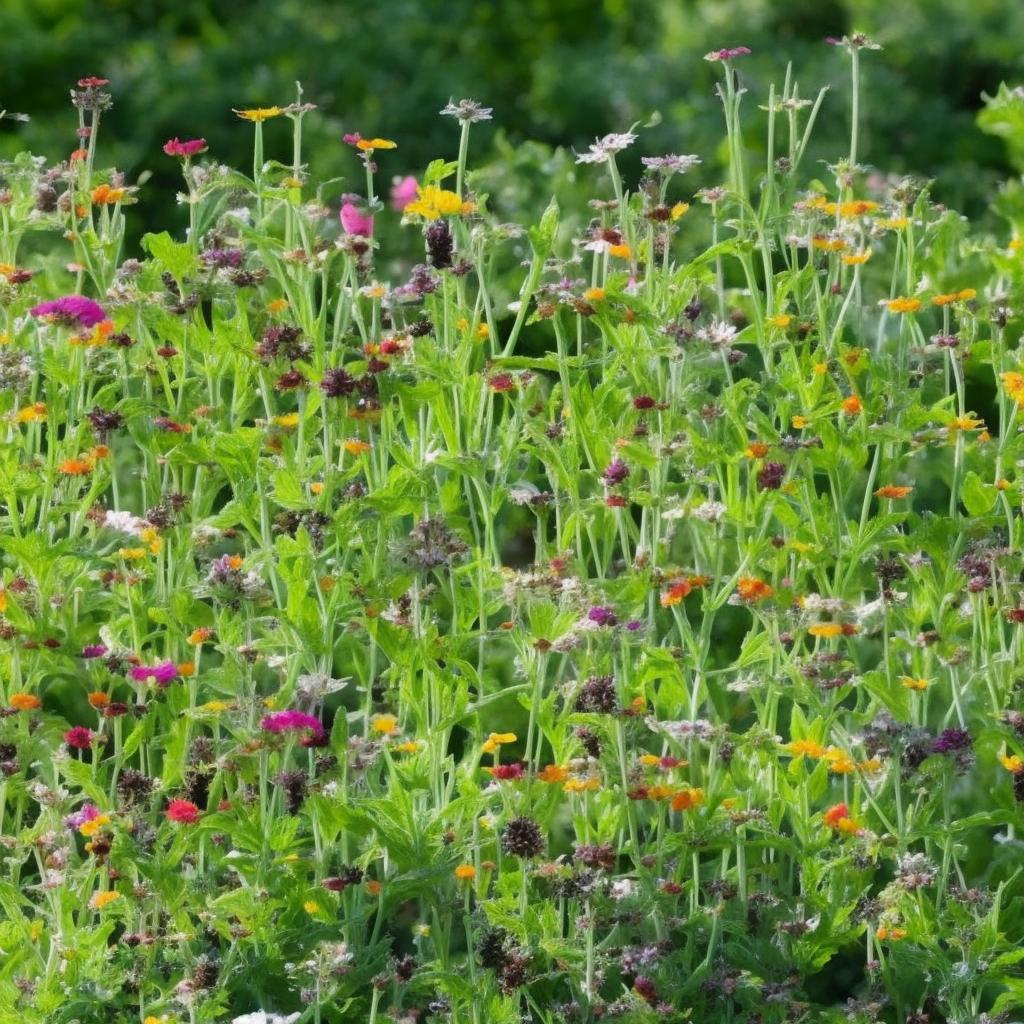
Selecting the Right Plants to Attract Beneficial Insects
When selecting plants to attract beneficial insects to your garden, it’s important to choose varieties that provide food and habitat for these helpful creatures. Consider the following tips to create a welcoming environment for beneficial insects:
- Diversity: Plant a variety of flowers, herbs, and vegetables to attract a wide range of beneficial insects.
- Native Plants: Choose native plants that are well-suited to your area and provide essential resources for local beneficial insects.
- Nectar and Pollen: Select plants that offer a good source of nectar and pollen to attract pollinators such as bees and butterflies.
- Shelter: Include plants with dense foliage, such as ornamental grasses or shrubs, to provide shelter for beneficial insects.
To make it easier for you, here is a table with some common plants that attract beneficial insects:
| Plant | Beneficial Insects Attracted |
|---|---|
| Yarrow | Ladybugs, lacewings |
| Lavender | Bees, hoverflies |
| Fennel | Ladybugs, parasitic wasps |
Minimizing Pesticide Use to Encourage Beneficial Insects
One effective way to attract beneficial insects to your garden is by planting a variety of native flowers. Native plants provide food and habitat for a wide range of beneficial insects, such as ladybugs, lacewings, and bees. Consider adding flowers like coneflowers, milkweed, and goldenrod to your garden to attract these valuable allies.
Another strategy to encourage beneficial insects is to reduce the use of pesticides in your garden. Pesticides can harm beneficial insects along with pests, disrupting the natural balance of your garden. Instead, try using natural pest control methods like handpicking pests, introducing beneficial predators, and practicing crop rotation to manage pest populations without relying on harmful chemicals.
Using Companion Planting to Attract and Support Beneficial Insects
If you want to naturally control pests in your garden, is a great strategy. By planting certain flowers, herbs, and vegetables together, you can create a welcoming environment for ladybugs, lacewings, bees, and other helpful insects.
Some companion plants that are known to attract beneficial insects include marigolds, dill, fennel, and yarrow. These plants not only provide food and shelter for beneficial insects but also help repel pests that can harm your crops. Additionally, planting a variety of flowers that bloom at different times throughout the year can ensure that there is a constant food source for these insects. Consider planting cosmos, sunflowers, and zinnias to attract a diverse range of beneficial insects to your garden.
In Conclusion
As you cultivate your garden to attract beneficial insects, remember that creating a diverse and thriving ecosystem is key to maintaining a healthy balance in nature. By providing the right environment for these helpful creatures, you’ll not only enjoy a beautiful and flourishing garden, but you’ll also contribute to the overall health of our planet. So, roll up your sleeves, get your hands dirty, and let nature work its magic in your little slice of paradise. Happy gardening!

